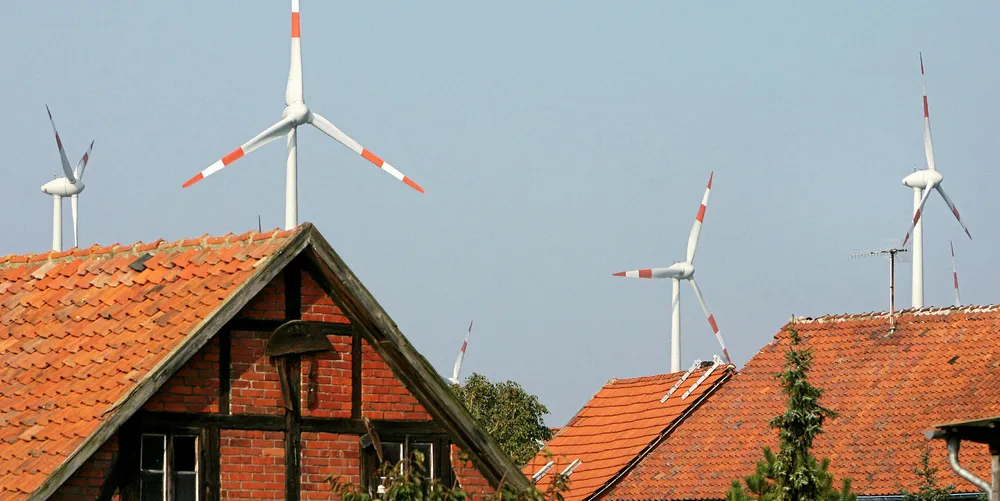Distance rule scrapped from German coal exit law draft
Chancellor Merkel’s cabinet next week is slated to approve the proposal but it is unclear whether the distance rule may reappear later

Chancellor Merkel’s cabinet next week is slated to approve the proposal but it is unclear whether the distance rule may reappear later
